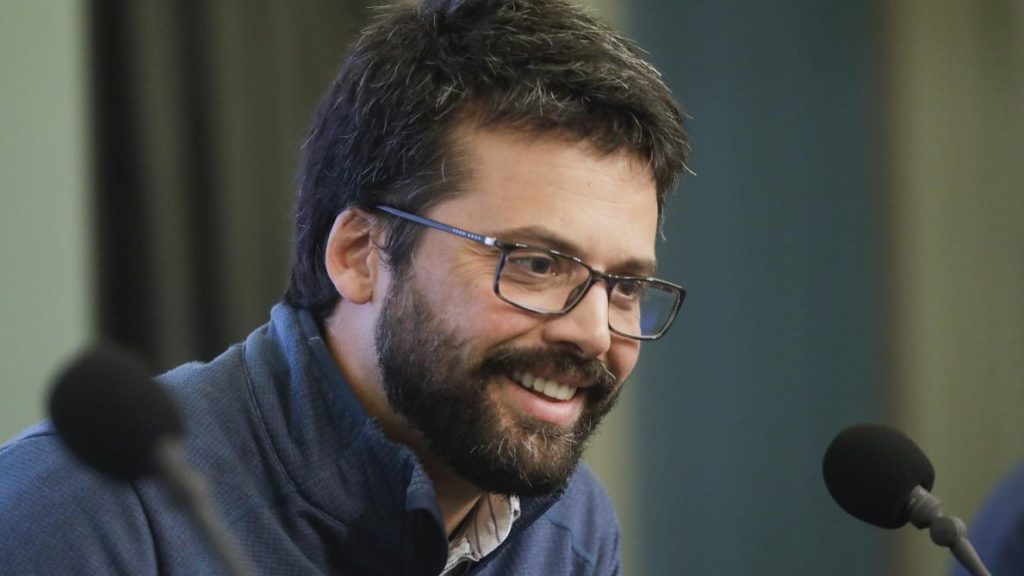Emmanuel André, who became a familiar face by front the daily briefing on the situation in Belgium of the coronavirus pandemic, has criticised the government’s approach to the crisis.
André was a spokesperson for the inter-federal crisis centre following the development of the pandemic. A virologist by training, he is now in charge of the tracing of contacts of those infected.
His criticism has been aimed in particular at the Risk Assessment Group (RAG) which is made up of epidemiologists from the health institute Sciensano, representatives of the federal and regional government and other experts with specific expertise. Their job is to propose measures required to protect the public health.
The RAG, he said, has taken a very conservative stance.
“At one point they say, for example, that they decided not to use masks and therefore did not want to listen to the advice of other experts. Not even that of the Superior Council of Health which paved the way for gradually increasing the use of masks,” he said.
The question of masks was also a blow to public confidence in official advice, as it appeared the scientists were unsure of whether masks were needed or not.
Although it now seems clear that masks are useful in certain circumstances – in close proximity to others, such as in shops, but not so much on the street or in parks – there are people who still are not in possession of a mask when trying to get into the supermarket.
André also criticises the RAG on the matter of testing, when they ignored calls for an increase in testing by making tests available to GPs rather than only hospitals. That change has since come about as the RAG’s opinion was set aside.
André’s criticisms were rejected by Professor Steven Van Gucht, who used to sit beside André at the daily briefings and relay the same information, one in French and the other in Dutch.
Belgium, he said, has nothing to reproach itself with. Neighbouring countries have faced the same problems with testing, tracing and the wearing of masks. The fact that both tests and masks were in short supply in the beginning meant their widespread use was a moot point.
“If you compare our reaction speed to that of other countries, you cannot say we have not shown enough determination,” he said.
Alan Hope
The Brussels Times

